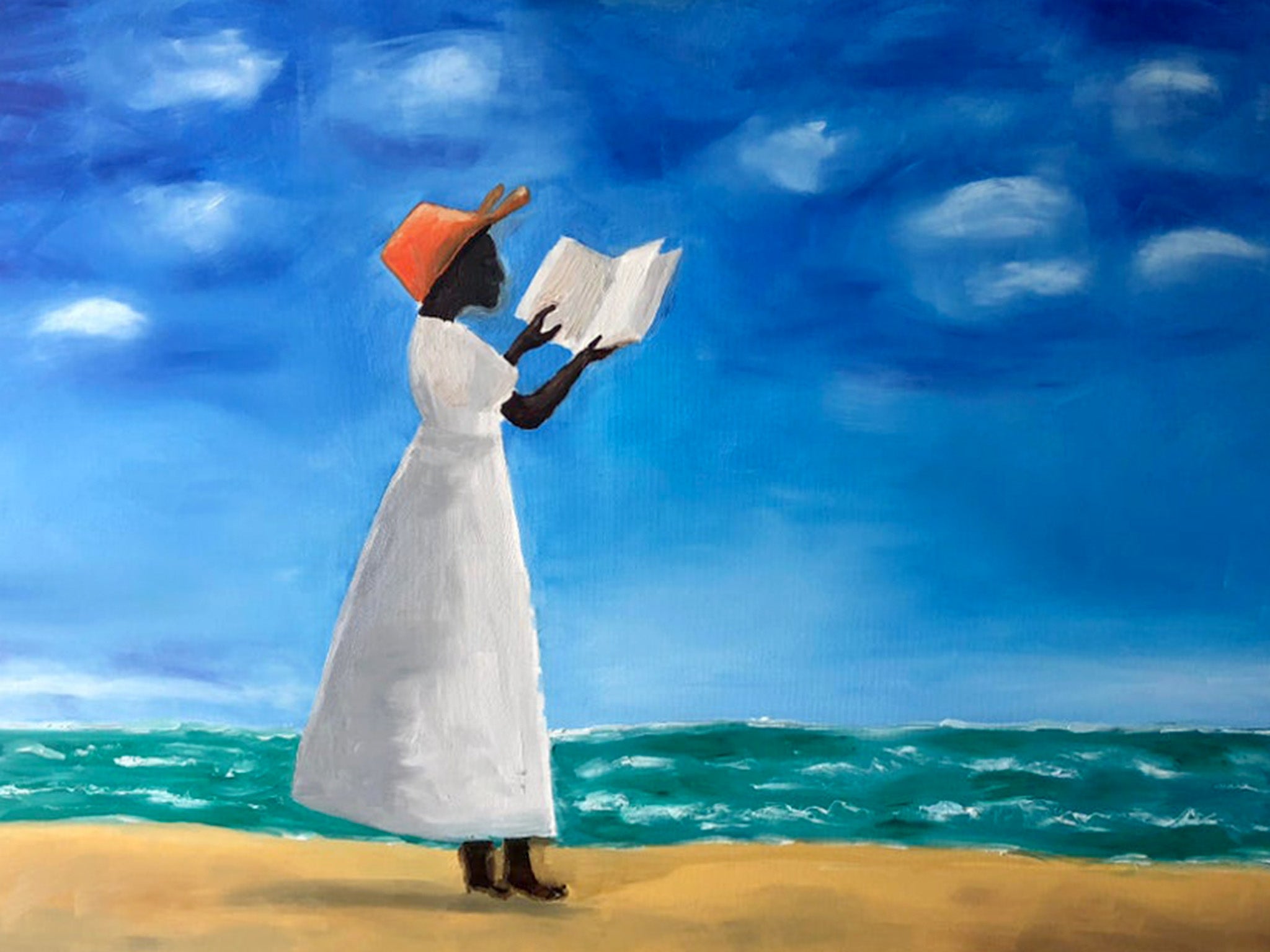The forgotten women who ended slavery in Britain
Forbidden to enter parliament, own property or vote, women’s political influence in the 1800s was severely curtailed. No wonder, then, that the names of abolition’s heroines have been all but wiped from memory, writes Mathis Clément

Last summer, the killing of George Floyd precipitated the biggest anti-racism protests in US history, with between 15 and 26 million people estimated to have taken part. The rest of the world quickly followed. By November, more than 4,000 towns and cities on every continent bar Antarctica had been thronged with demonstrators. The rallying cry proclaimed through loudspeakers and brandished on placards was simple: Black Lives Matter.
One of the most distinctive aspects of Black Lives Matter in contrast to earlier movements like Anti-Apartheid and Civil Rights is its lack of a charismatic figurehead. Instead, it is loosely structured as “a collective of liberators who believe in an inclusive and spacious movement”. An unfortunate effect of this philosophy is that the movement’s pioneers remain largely unrecognised – most readers will never have heard of its founders Patrisse Cullors, Opal Tometi and Alicia Garza.
The contrast between Cullors, Tometi and Garza’s pioneering importance and their public obscurity echoes the position of women who fought for the abolition of slavery in the 18th and 19th centuries. Ask any Briton what they know about abolition and you’re almost certain to hear the name William Wilberforce. And while it’s true that Wilberforce was crucial to the passage of the 1807 Slave Trade Act, it would have been impossible without the decades of pressure exerted by activists working outside parliament. Moreover the 1807 act only outlawed the trade in slaves – if you were already a slave in one of Britain’s Caribbean colonies, your status remained the same. Only after a further 26 years was slavery itself outlawed once and for all. Crucial were the efforts of women activists. Forbidden to enter parliament, to own property if married, and to vote, women’s political influence was severely curtailed. Nevertheless, they played an enormous role in abolitionist campaigns. Whereas Britain’s leading group was in favour of gradual abolition right up until 1831, women’s societies were united in arguing for an immediate end to slavery, employing disruptive tactics such as the 1820s sugar boycott. They faced opposition from male leaders, including Wilberforce himself, who instructed his colleagues not to speak at women’s events: “For ladies to meet, to publish, to go from house to house stirring up petitions. These appear to me unsuited to the female character as delineated in scripture.”
Subscribe to Independent Premium to bookmark this article
Want to bookmark your favourite articles and stories to read or reference later? Start your Independent Premium subscription today.
Join our commenting forum
Join thought-provoking conversations, follow other Independent readers and see their replies